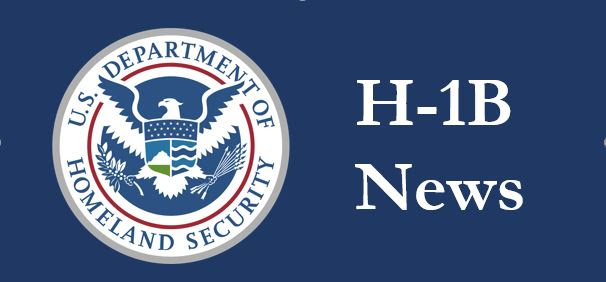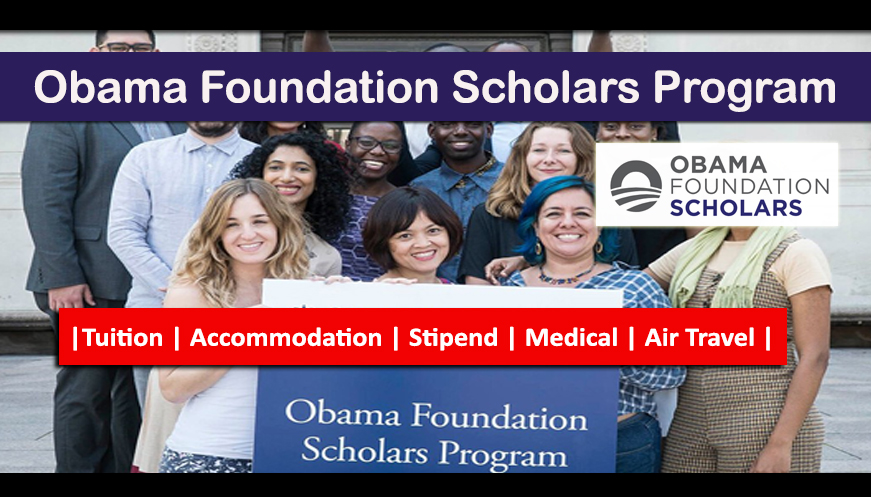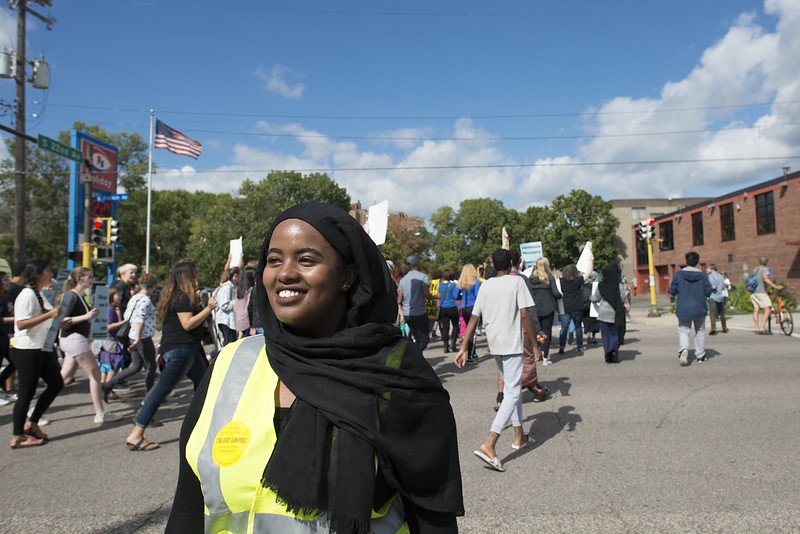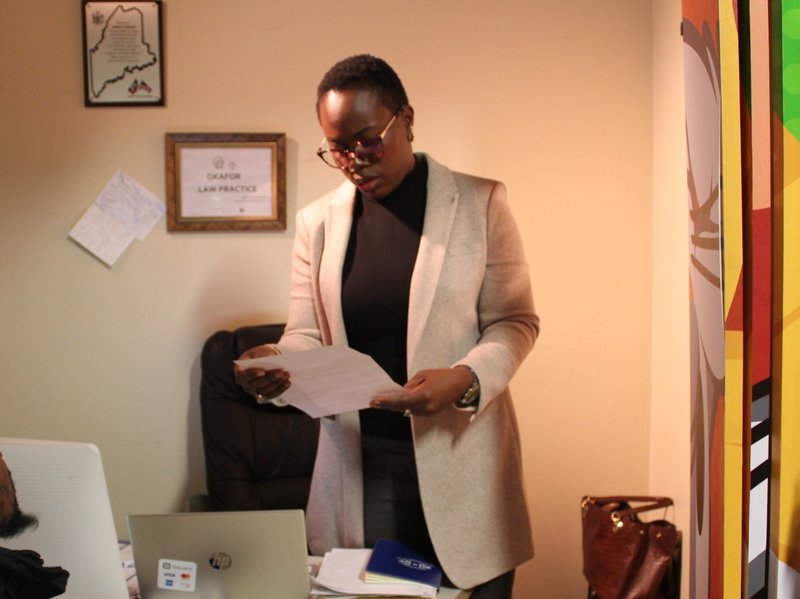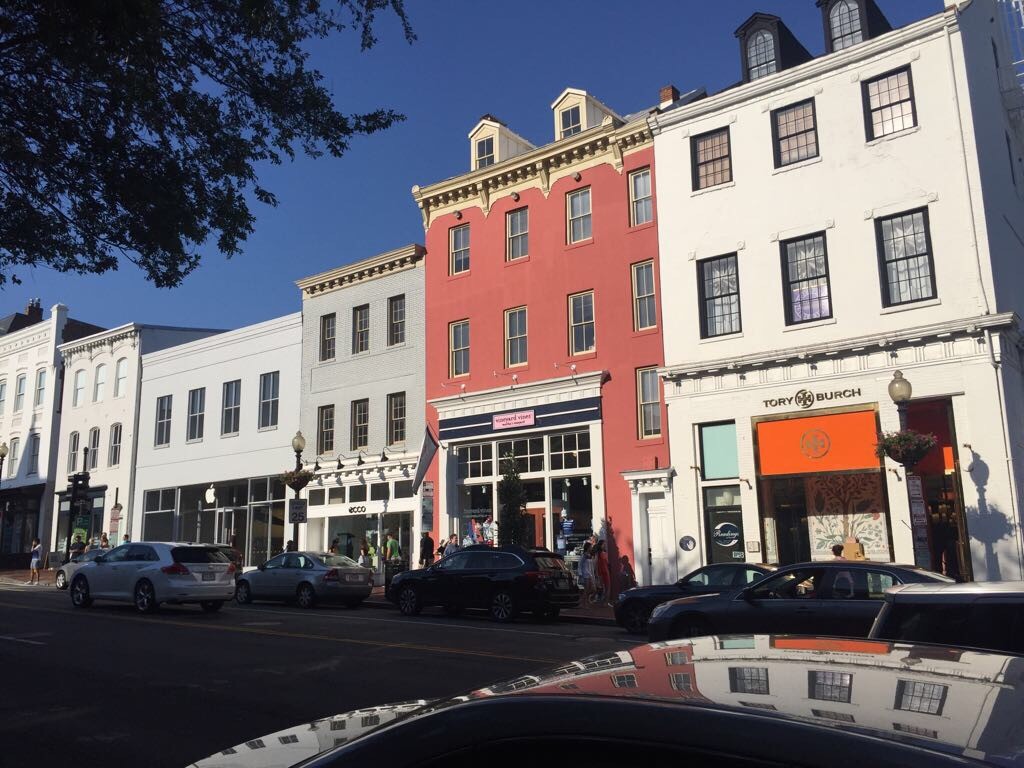Early one morning in April 2015, Christina Goldbaum
was pounding on locked metal doors at the mostly closed Jomo Kenyatta
International Airport in Nairobi. She was trying to find an airline with
a flight that would take her to the Kenyan city of Garissa, where
terrorists had killed more than 145 people and wounded dozens more at a
local university.
After hearing sketchy news reports of the
attack, she had driven three hours to the airport from the small town
where she had been working on a documentary for a nongovernmental
organization. As she drove, she frantically emailed an editor she knew
at Agence France-Presse (AFP) and learned that the international news
agency did not have another freelancer available to cover the mass
shooting.
With the few flights to Garissa
already full, Goldbaum was able to snag a spot on a four-seat charter
flight booked by a South African news crew. When she arrived in Garissa,
she got to work, shooting video while under curfews and dealing with
regular power outages and unreliable internet access.
“It
was so important that journalists be there on the ground to show that
those killed were so much more than statistics,” says Goldbaum, now a
reporter for The New York Times. “People hear about terrorist attacks
and they don’t connect” to the victims.
While it’s common for American journalists to start their careers by covering local news, Goldbaum, now 27, found her journalistic footing overseas. The Bethesda native, who graduated in 2010 from St. Andrew’s Episcopal School in Potomac, got her first reporting job at the Cape Times in Cape Town, South Africa, at the age of 22 after graduating from Tufts University in Medford, Massachusetts. She then spent four years in Africa as a freelance foreign correspondent and field producer for outlets including AFP, The Atlantic and Foreign Policy, shooting her own photos and video as she covered stories ranging from political upheaval in Burundi to a massive truck bombing in the Somali capital of Mogadishu in October 2017 that killed more than 550 people and injured more than 300. MORE



